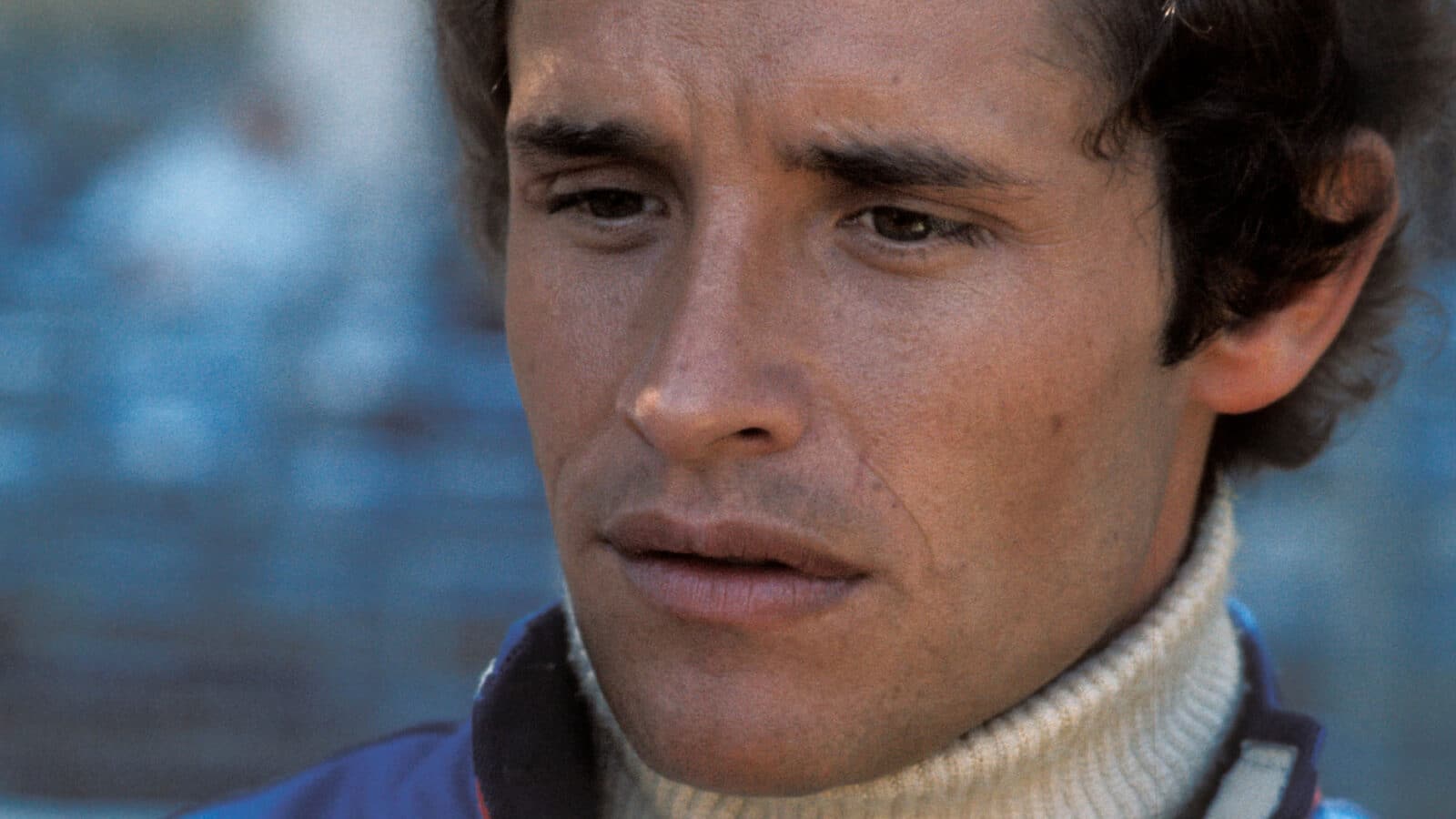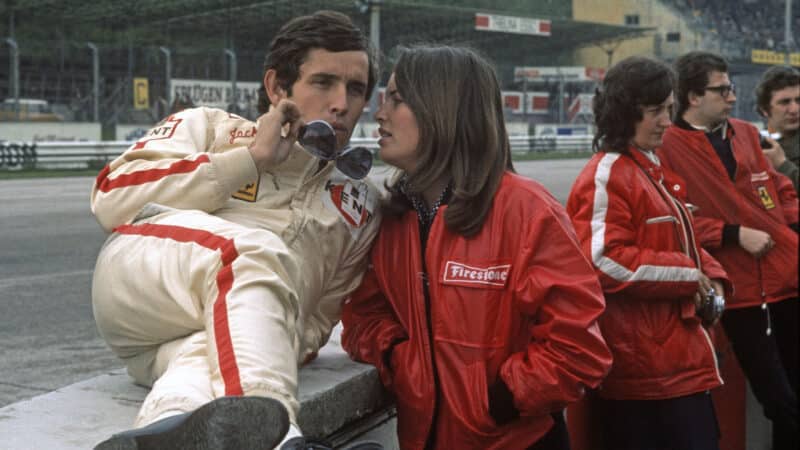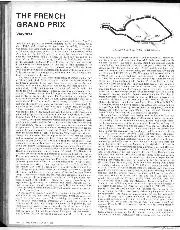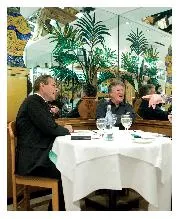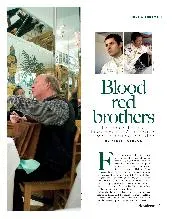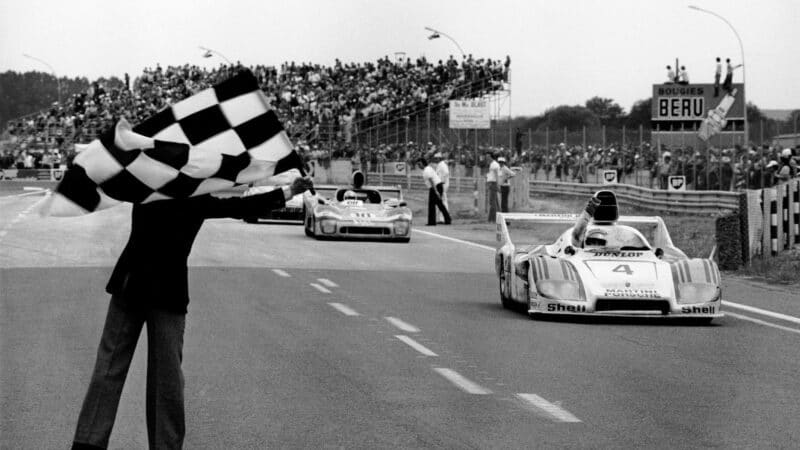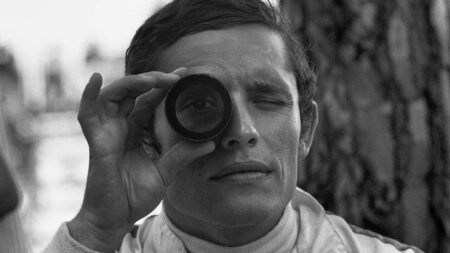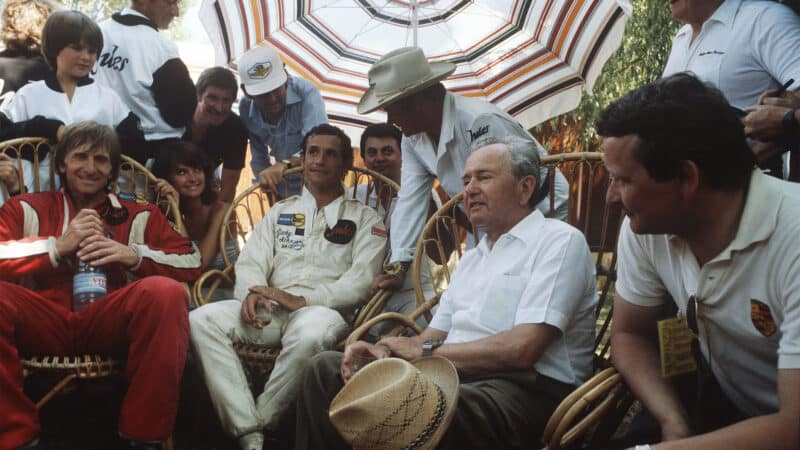“I have said this, yes, and I suppose it is true,” he begins, after another lengthy pause for thought. “I was just so young when I went into Formula 1 and it was very, very dangerous. It was, I suppose, a very glamorous, adventurous, even romantic life but you could die, and many people did. There was so little safety, the smallest mistake could be fatal. But I was lucky, and I was gifted, it was something I discovered I could do, and do well, which was important to me as I never found this at school.”
Roy Salvadori is also here at Goodwood, another man so important in Jacky’s early career. “Roy gave me my first grand prix drive, in that big Cooper-Maserati alongside Jochen Rindt at Monza in 1967. It went that way because Ken would have loved to have kept me in his team, but he went with Matra, and there was only one place for a Tyrrell driver and that was obviously going to be Jackie – the other driver had to be French, of course, which was normal for those days, and that was Jean-Pierre Beltoise. So I had to make my own way, first with Roy in the Cooper, and then to Ferrari for ’68.”
Outside the fans are queuing for a word with the man who became a hero for so many racing enthusiasts. They are clutching pictures of his victories, some in the red cars from Maranello, others the white cars from Stuttgart. Jacky sits forward, looks me long and hard in the eye.
“If you think about it, there is always something a little – how do you say in English – controversial, a little subjective, in all the comments made about Ferrari, about Enzo. This has been the same since the 1950s, always controversy with Ferrari,” he smiles. “You hear all the drivers talking about the man, the politics, the racing strategies and they all have their opinions – he was a great man or he wasn’t, there are so many opinions. But I am one of the very few drivers who never had many comments to make about Mr Ferrari, or the team, because I was always given the best possible cars and I never felt any disadvantage between one car and another.
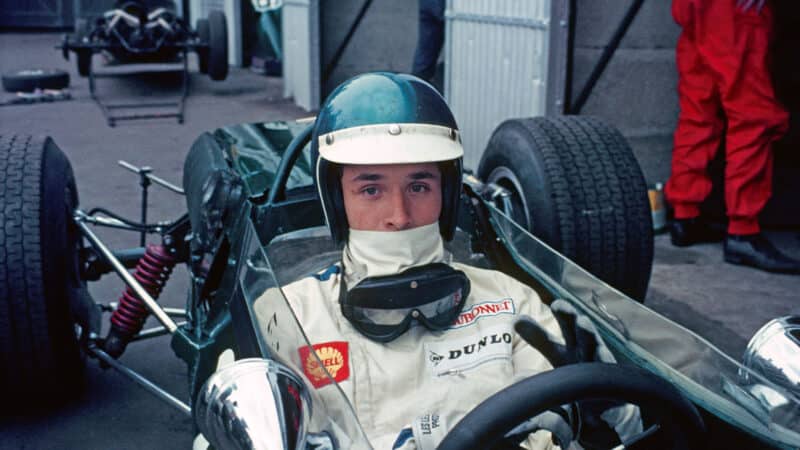
Early grand prix chances came in 1967
Grand Prix Photo
“He was very smooth, very sweet to me, always extremely friendly to me,” he goes on, choosing each word with care. “So I have only positive thoughts about my time at Ferrari. When you’re young, and you’re going to such a great team, you are arriving in a unique place. Imagine, just into Formula 1 and now I am with Ferrari. I was only 22 when I signed, the youngest driver, at that time anyway, to drive with the Scuderia. But when you are so young you do not realise how lucky you are. You have a tendency to think that all your dreams are reachable, and that is also an advantage because you have no fear of anything – you want to climb that mountain, you climb it, that’s it. You don’t ask yourself too many questions about your goals.”
His first win for the Scuderia came at Rouen in heavy rain; later at the Nürburgring, again in appalling conditions, he drove through the mist and the driving rain without his helmet visor for most of the way. A reputation for fearless speed in the wet was beginning to build. Then he broke his leg in Canada, missed two races, left Ferrari and joined Brabham in 1969 alongside Jack, finishing runner-up in the championship. In 1970 he returned to Ferrari, a horrendous crash in Spain putting him in hospital with severe burns. But he was back in the car at Monaco, just two weeks later. So was he fearless? Peerless in the rain?
